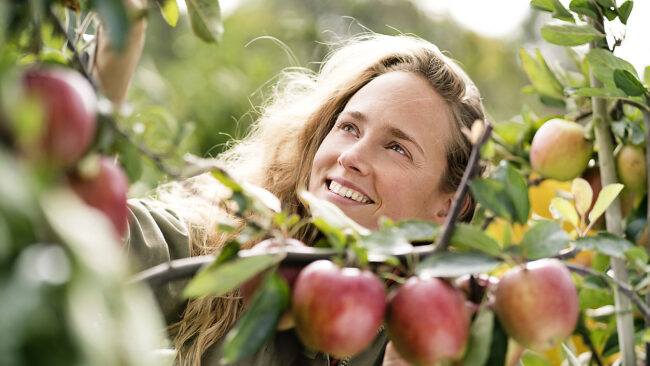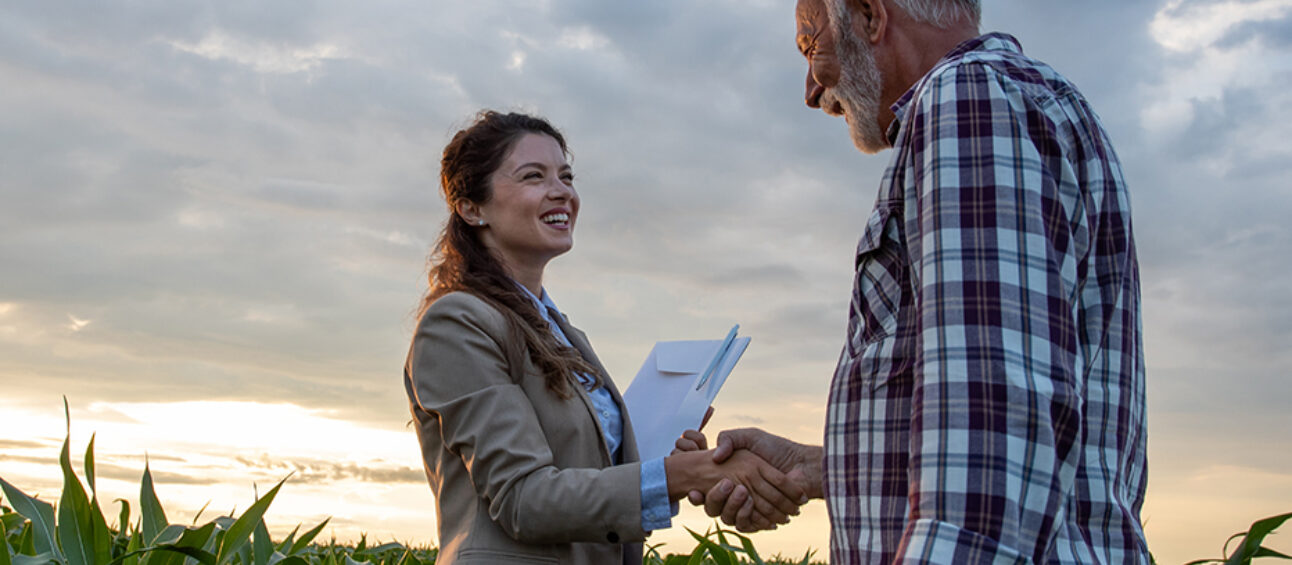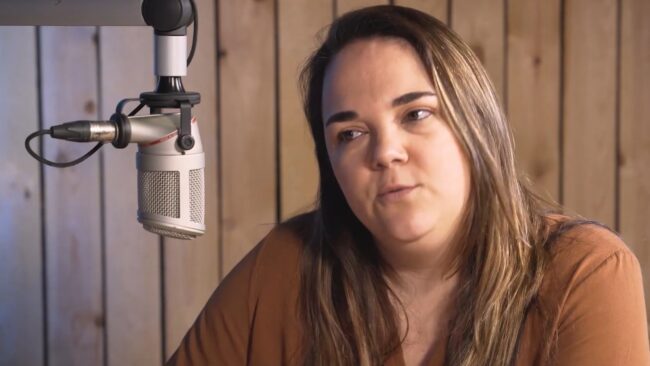Vanbreda Risk & Benefits is an exclusive provider of a comprehensive weather insurance. Veerle Geudens, expert in climate and agriculture at Vanbreda, provides more information: “Our company has broad experience in the food and SME sector. It therefore goes without saying that we want to protect our customers if natural disasters cause production damage to their harvest. That’s why we offer comprehensive weather insurances to both large and small famers, and to the umbrella organizations. A comprehensive weather insurance covers damage to crops if that damage is caused by weather situations that the farmer can do little or nothing about. A few examples of these situations are ice, drought, storms, frost, extensive rainfall, exceptional heat waves, hail storms and flooding.”
From 2020 to 2022, as compensation for the reduction of the disaster fund, the Flemish government offers farmers who have taken out an insurance policy at Vanbreda a subsidy that amounts to 65 percent of the annual insurance premium. This subsidy will decrease in the subsequent years, and will finally disappear completely in 2025.
A comprehensive weather insurance may only be offered by a limited group of experts. Veerle Geudens: “Only those parties that have received approval from the Flemish government can offer a solution. From 2021, Vanbreda has entered the market with a product it has developed itself. We are proud of this, because it demonstrates that the government greatly values our expertise.”
Comprehensive weather insurances are new in Belgium. Vanbreda Risk & Benefits stands out among its competitors because its approach is data-driven. When the farmer signs a policy, he thereby immediately knows when and by how much he will be compensated if he suffers a loss. Veerle Geudens explains: “In the traditional settlement of a claim, an expert will travel to the affected field in order to assess the damage and thereby determine the settlement of the claim. This can often cause delays, discussion and uncertainties. This is why we have created a subsidy scheme by means of an indexed insurance, where a possible production shortfall is simply determined using pre-agreed statistics, usually regardless of the underlying cause of the damage.” A forecast is made that is adjusted to each client, which in turn leads to additional advantages, such as faster settlements, fewer discussions and fewer surprises. Veerle Geudens concludes: “At Vanbreda, we thereby provide the transparency that the farmer needs when confronted with damage related to the weather.“
The company also differentiates itself from other insurance competitors in another way: by means of a second opinion at local level. “To determine the compensation, Vanbreda thereby makes use of the Statbel data that is annually reported by the government. The data is very detailed, but it is possible that a local shower is not recorded. Vanbreda has therefore included a second opinion clause in its policies, so that it can assist clients through satellite images and samples”, says Veerle Geudens. Basically, the second opinion thereby ensures that a farmer can still expect compensation, even if the local damage is not included in the Statbel data.
Because natural disasters such as heat waves and storms are occurring more frequently, and as the national disaster fund for weather-related damage is being phased out, Vanbreda can still offer some certainty in uncertain times for the agricultural sector through its comprehensive weather insurance.




